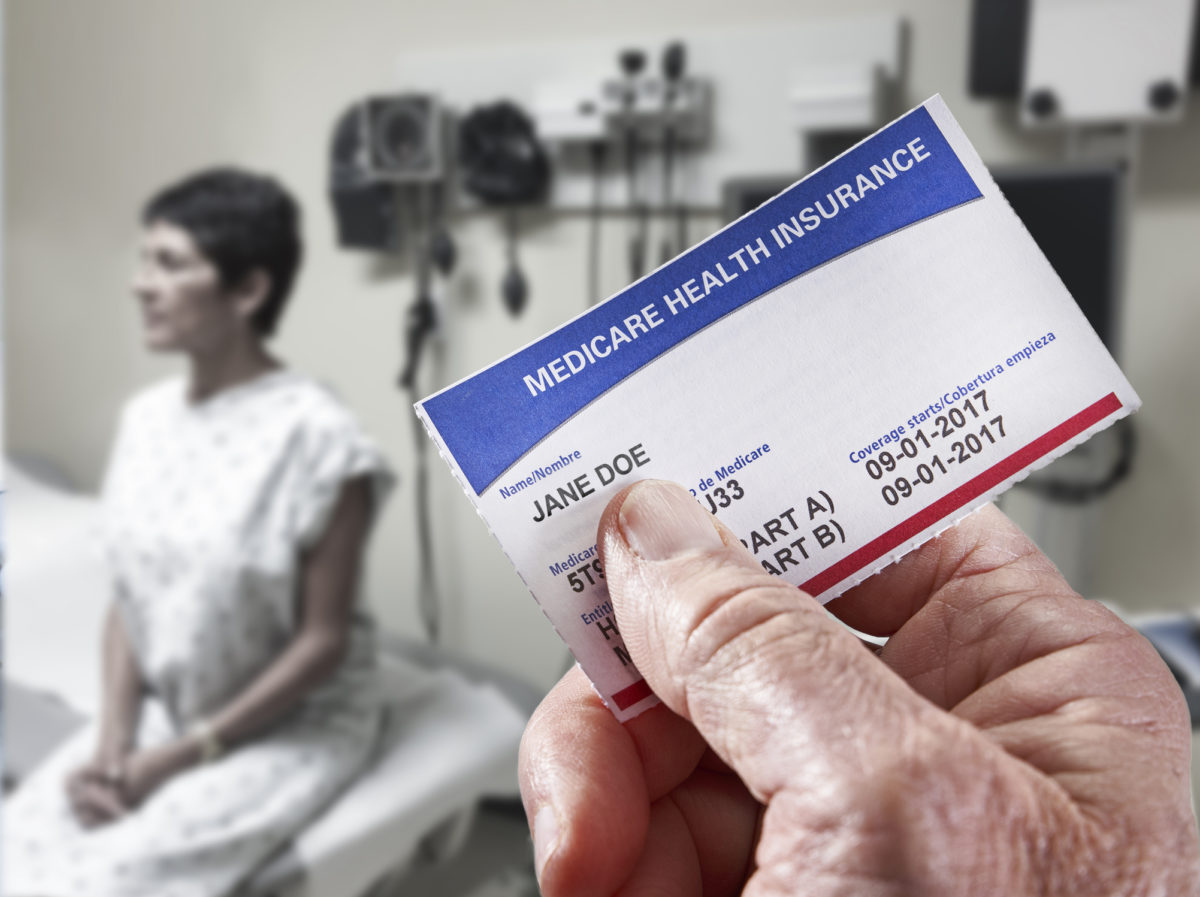The ABCs of Medicare
Source: Medicare.gov (Managed by the U.S. Centers for Medicare and Medicaid Services)
Medicare is health insurance for people 65 or older. You may be eligible to get Medicare earlier if you have a disability, end-stage renal disease (ESRD), or ALS (also called Lou Gehrig’s disease). Some people get Medicare automatically, others have to actively sign up – it depends if you start getting retirement or disability benefits from Social Security before you turn 65.
It’s important for older adults to understand the different parts of Medicare and how Medicare works. Here is a primer on the basic components of Medicare.
Part A: Hospital insurance – Part A helps pay for inpatient care in hospitals, skilled nursing facility care, hospice care and home health care.
Part B: Medical insurance – Part B helps pay for services from doctors and other health care providers. These services can include outpatient care, home health care, durable medical equipment (wheelchairs, walkers, hospital beds, etc.), and preventive services (screenings, vaccines, and yearly wellness visits).
Part D: Drug coverage – Part D helps pay for prescription medications. You can join a Medicare drug plan in addition to Original Medicare, or a Medicare Advantage Plan with drug coverage. Plans that offer Medicare drug coverage are run by private insurance companies that follow rules set by Medicare.
Medicare Supplemental Insurance (Medigap)
You have the option to purchase extra insurance that helps pay some additional costs of Original Medicare. Medigap policies, which are sold by a private company, are standardized so the benefits in plan are the same, no matter which insurance company sells it.
Your Medicare options
When you first sign up for Medicare and during the annual open enrollment period (Oct. 15 through Dec. 6), you can choose which way to get your Medicare coverage. The two options are Original Medicare and Medicare Advantage.
Original Medicare
- Includes Parts A and B.
- You can join a separate Medicare drug plan (Part D).
- You can use any doctor or hospital in the U.S. that accepts Medicare.
- To help pay your out-of-pocket costs in Original Medicare (including the 20% coinsurance), you can purchase supplemental coverage, such as Medigap; use coverage from a former employer or union; or apply for Medicaid (a joint federal and state program that provides health coverage for some people with limited income and resources).
Medicare Advantage (also known as Part C)
- A Medicare-approved plan from a private company that offers an alternative to Original Medicare for health and drug coverage. These “bundled” plans include Part A, Part B and usually Part D.
- In most cases, you’ll need to use doctors in the plan’s network.
- Plans may have lower out-of-pocket costs than Original Medicare.
- Plans may offer some extra benefits that Original Medicare doesn’t cover, like vision, hearing and dental services.
Need help?
For more information about Medicare, call 1-800-MEDICARE (633-4227). You can compare plans online at Medicare.gov.
Philadelphia Corporation for Aging (PCA) offers free health insurance counseling, through PA MEDI, to Medicare beneficiaries: Einstein Medical Center at 215-456-7600, and CARIE at 215-545-5728. (See this article for more information about PA MEDI.)




